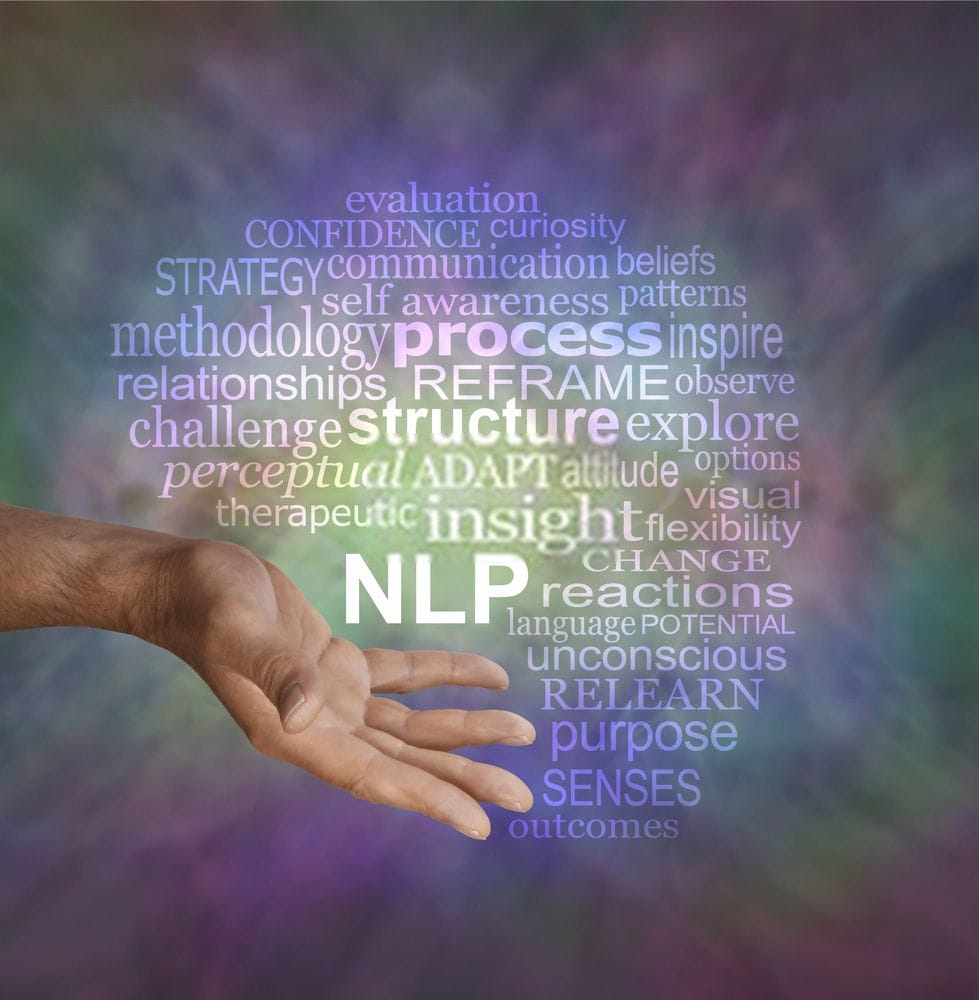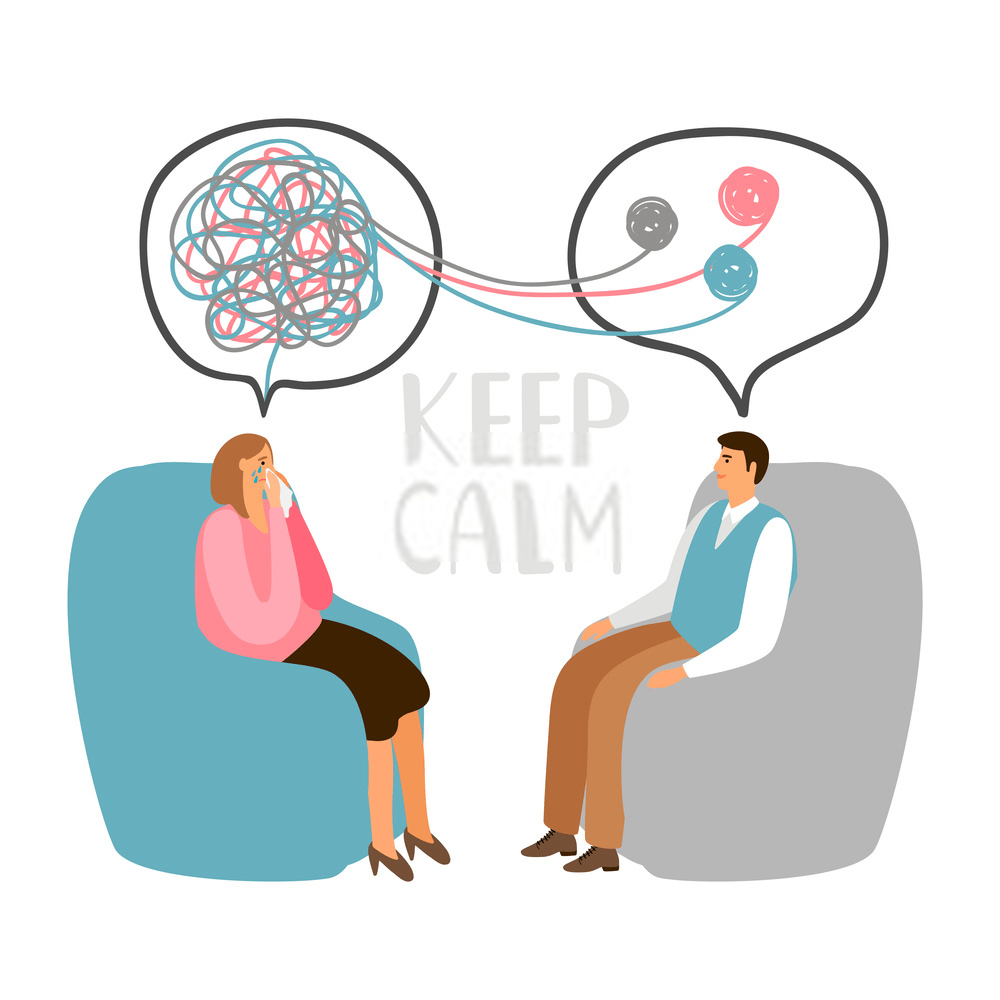Blog Categories
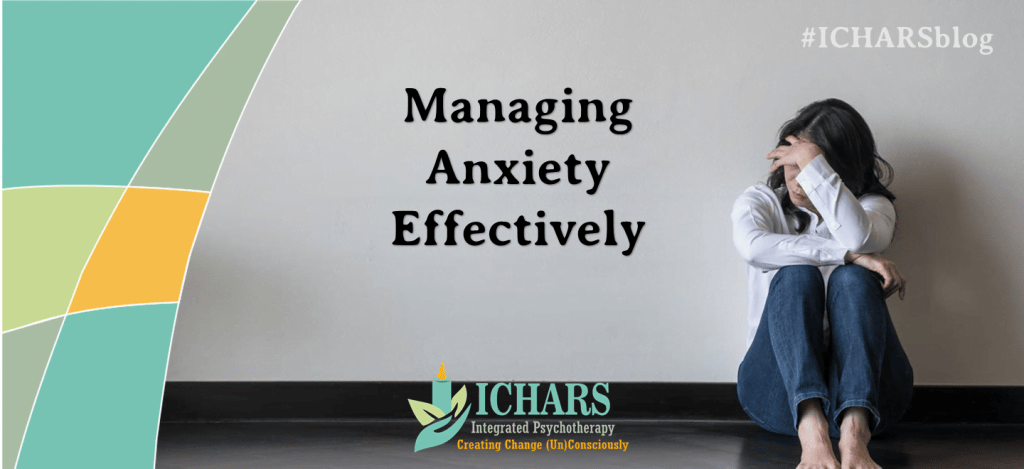
Disclaimer: The information in this article is for educational purposes only and should not replace advice from a licensed therapist or medical professional. Please consult with a qualified healthcare provider for personalized guidance on anxiety management. Anxiety is an integral part of the human experience, impacting individuals at various points in their lives. Whether it’s […]
-
 Nitin Shah
Nitin Shah
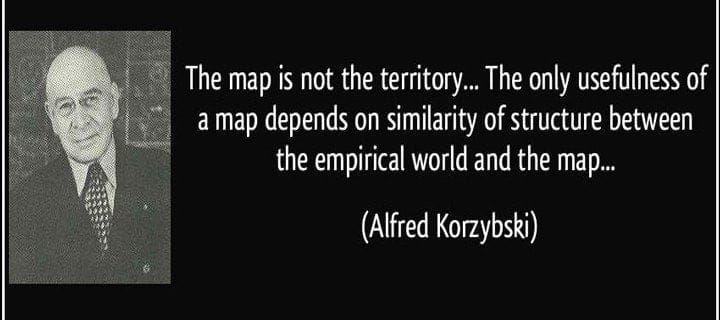
In this post, we will explore one of the most important concepts and presuppositions of NLP, that is the Map is not the territory. This understanding is the basis of our Cognitive Hypnotic Coaching™ and Cognitive Hypnotic Psychotherapy™ Programs. Simply speaking: What we think the world is, is different from what the world really is […]
-
 Nitin Shah
Nitin Shah
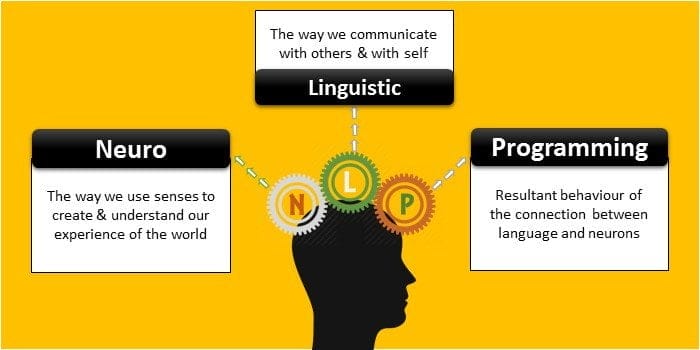
Host: Welcome, listeners, to today’s insightful podcast episode where we delve into the fascinating realm of Neuro-Linguistic Programming, often referred to as NLP. If you’ve ever wondered how language, behavior, and the mind intertwine to shape our lives, you’re in for a treat. I’m joined by Mamta Sharma, an accomplished Advanced Life Coach, Cognitive Hypnotic […]
-
 Mamta Sharma
Mamta Sharma
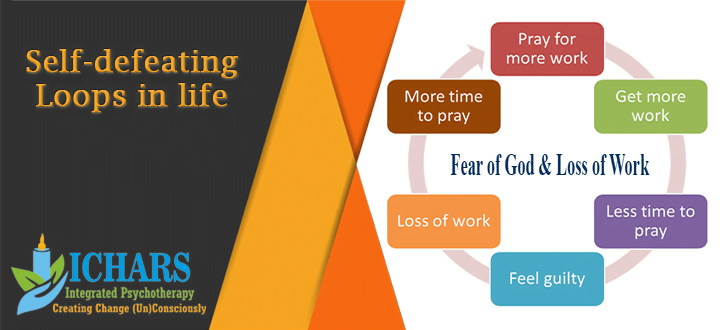
In this post we will look at how many a times because of our unconscious conflicting believes we end up binding ourselves in loops which are responsible for certain problems that we may be experiencing. Case Study – Life Loops The idea of life loops or problem loops came about because of an interaction with […]
-
 Nitin Shah
Nitin Shah
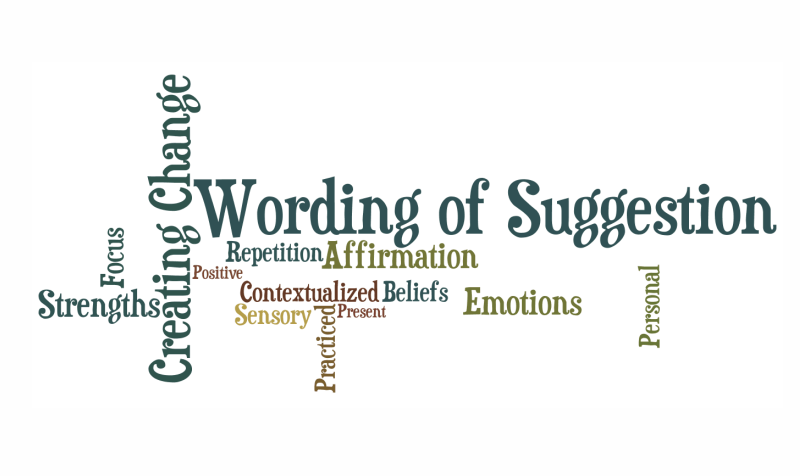
What are suggestions? Suggestions are statements spoken with a view to bring about some change in the person being spoken to. Tips on wording of suggestions: These suggestions can be used to create desired change in clients. For better results before giving suggestion induce a hypnotic state in clients. The following tips can also be used for creating […]
-
 Nitin Shah
Nitin Shah

“Acceptance” is one of those concepts that I understand yet have found difficult to define. I realised this while writing a post on anger, in which I explained how anger is generally a result of a lack of acceptance. So, in this post, I will define “Acceptance” and how it could be useful in constructively […]
-
 Nitin Shah
Nitin Shah
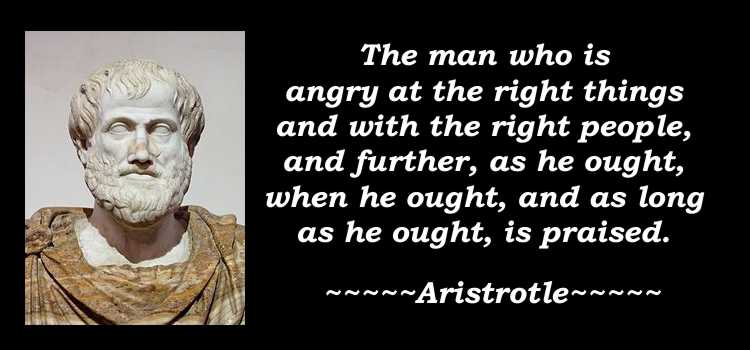
-
 Nitin Shah
Nitin Shah

-
 Nitin Shah
Nitin Shah

Hypnotism has always been surrounded by misconception. Unfortunately, the internet is a very unreliable source of information and many websites contain extremely misleading information. This page provides definitions of hypnosis from various organisations and established authors which help to clarify the way hypnosis is normally defined by more credible sources. James Braid The first definition […]
-
 Nitin Shah
Nitin Shah

The history of hypnosis is a captivating journey that spans centuries, deeply rooted in ancient spiritual practices and shaped by the contributions of influential figures throughout time. From its origins in ancient civilizations to its modern therapeutic applications, hypnosis has evolved, intertwining traditional wisdom with scientific exploration. In this article, we will delve into the […]
-
 Nitin Shah
Nitin Shah

-
 Nitin Shah
Nitin Shah

-
 Nitin Shah
Nitin Shah


